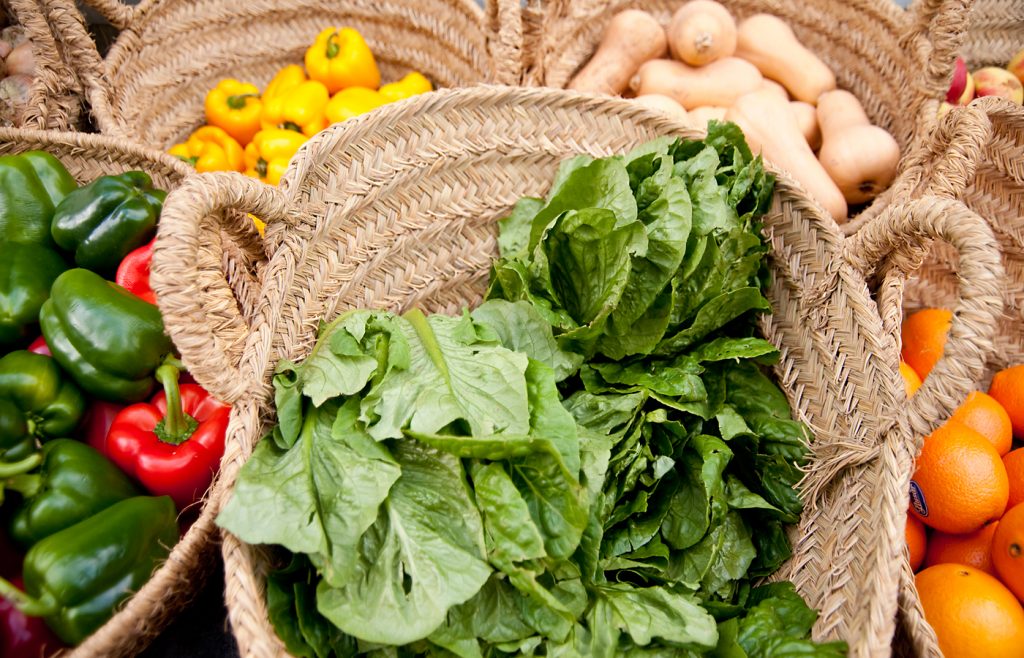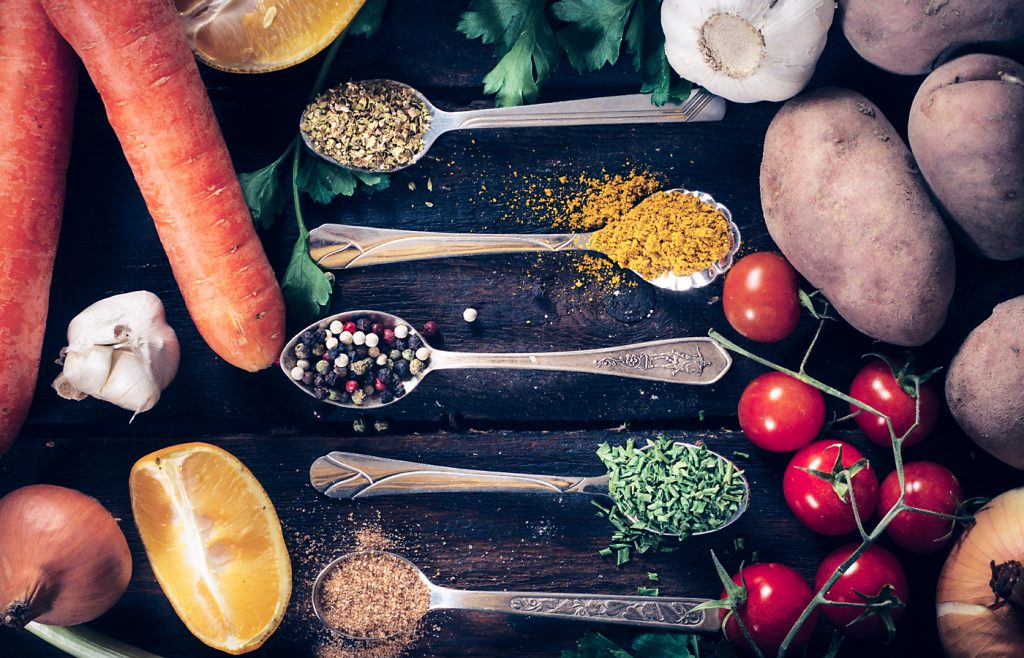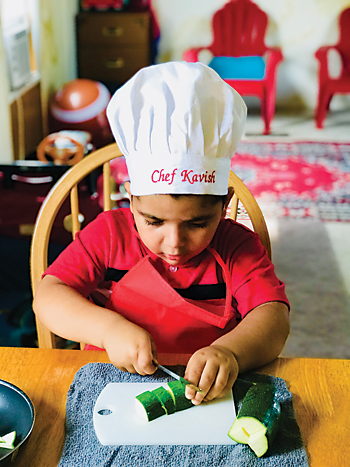
Almost all ancient traditions have recognized the importance of food for well-being. As an Ayurvedic doctor from Nepal, I’d like to share some of my observations and opinions on eating habits in modern culture and present some time-honored concepts that may inspire renewed respect for the role of food in creating health.
Cooking is Time Well Spent
I find that many people today do not like to cook at home, thinking that it’s a waste of time. Instead, they rely on food prepared by somebody else, in restaurants or stores. Ironically, many of these people prefer to eat food that tastes homemade.
First, let’s define what I mean when I say “cooking.” I’m talking about cooking from scratch, not microwaving a frozen pizza or heating up canned soup. Don’t get offended, but that’s not cooking!

I’m talking about the whole process of shopping for groceries, cleaning the veggies, chopping them into pieces, heating up the oil, and cooking the dish. That’s real cooking!
Admittedly, the majority of us find cooking difficult. But when you look at all the benefits that come from creating your own meals, cooking becomes much more appealing.
Fortunately, the trend away from home cooking is reversing. Many millennials, for example, have started paying attention to food, taking time to make healthy choices and cook their own meals. Yet, for the most part, people still think that cooking is a luxury they cannot afford.
Nourishment Can Be Personalized
In the age of personalized goodies and gifts, how can we miss personalized nutrition? If we depend on store-bought meals, we’re allowing ourselves to eat food prepared by someone who doesn’t know us and our nutritional needs.
I believe it’s very important for all of us to prepare at least one meal a day at home. Otherwise, we’re in danger of getting seriously undernourished, because nutrition is the most important thing we’re missing by not cooking our meals. We know our body better than anyone else, and we instinctively know what our body’s nutritional needs are. There’s a saying in Ayurveda about this: In balance, your body craves what is good for you; out of balance, it craves the opposite. A well-nourished body is hungry for healthy food.
Cooking Brings Joy
When cooking a meal with care for yourself and your family, you pour your love and happiness into it. Ayurveda highly recommends paying extra attention while cooking and eating, since a peaceful state of mind gets transmitted to the food. Ayurvedic principles maintain that if the cook—whether chef, partner, or parent—is upset, it adversely affects the quality of the food.
When you cook your own meal, you also know the quality of your ingredients. You may choose to buy healthier options as opposed to cheaper ones. Knowing exactly what is in your food gives a greater sense of satisfaction and contentment.
Even if you don’t love to cook, you may find joy in some other stage of the process, perhaps while eating the meal!
Cooking Can Be Fun

As the parent of a four-year-old, I’m amazed to see how much fun kids can have in the kitchen. My son, Kavish, automatically showed interest in cooking, starting with chopping vegetables. Kids his age want to do what their parents are doing. To be safe, we gave him a butter knife to cut things like zucchini or apples. Both of us were so surprised at how diligently he chops the veggies that we got him a personalized chef’s hat and kitchen apron.
While all of his activities in the kitchen are under our direct supervision, we have seen his growth in sensory motor skills while playing and having fun. Whether it’s kneading the dough for chapatis or making batter for pancakes, Kavish enjoys any opportunity he gets to spend in kitchen.
I see two major benefits from allowing my son to help in the kitchen at this early age. One, he’s developing self-sufficiency. He’ll never have to be dependent on anyone else to make an omelet or boil noodles. And two, he will have a greater appreciation for homemade food. Kids his age are easily influenced by ads for processed foods and are naturally attracted to them. But by eating processed foods, they are missing a great deal of nutrition they should be getting from vegetables and fresh fruits. As responsible parents, we are trying our best to keep Kavish away from processed foods as much as possible.
So my tip to any new parent is to encourage kids at a very early stage to participate in little ways in the kitchen. By doing so, not only are they engaged in something creative, but they also get a sense of achievement and fulfillment from being of help. Furthermore, it helps in the development of their sensory and motor skills.
Eating is Worship
In this age of fast food and meals on the run, the concept of eating as an act of worship has virtually disappeared. Almost every ancient tradition, however, includes some form of saying grace before meals. In fact, many of us were taught in childhood to say grace before eating. Why? Yes, we’re thankful to the almighty for the food before us, but there’s also a scientific reason to take a moment of silence. Saying grace before your first bite helps to release digestive enzymes. It actually encourages us to prepare ourselves for this pure act of eating.
While the tradition of saying grace may have slowly disappeared, perhaps even more frustrating is the prevalence of the “business lunch.” From a health standpoint, it is the worst thing we can do. Rather than engage in shop talk, debate current politics, or answer cell phones, what we really ought to do is pay attention to the food we are eating.
Ayurveda considers eating to be a pure act of worship. Eating with a settled mind in a peaceful environment is very conducive to digestion and an important service to our body.
Dinesh Gyawali, BAMS, Ph.D., is an Ayurvedic Doctor from Nepal.
